
In part one of their conversation, Cory Barker and Drew Zolides discuss the Network's impact on WWE's storytelling and its financials.
Read more »

In part one of their conversation, Cory Barker and Drew Zolides discuss the Network's impact on WWE's storytelling and its financials.
Read more »

Marvel’s Agent Carter’s has been the center of many feminist critiques since its premiere earlier this year. Some praise the show as a victory for feminists and female fans, since Peggy Carter is the first female protagonist in Marvel’s Cinematic Universe franchise, while others criticize it for its blatantly obvious feminist messages. While I do...
Read more »
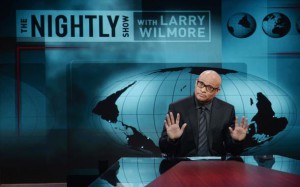
As an obsessive fan of the genre that has become known—somewhat inaccurately—as “fake news,” I was incredibly curious to see where Larry Wilmore, the host of Comedy Central’s The Nightly Show, would take the genre. Wilmore faced the challenging task of replacing The Colbert Report, a show that had brilliantly satirized right-wing punditry. Colbert...
Read more »
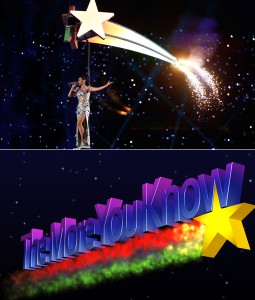
Was Katy Perry's Super Bowl ride on a star resembling one made famous by a series of 1990s PSAs an example of cross-promotion? We don't know and NBC doesn't care--but the incident tells us something important about the logics of contemporary media industries.
Read more »
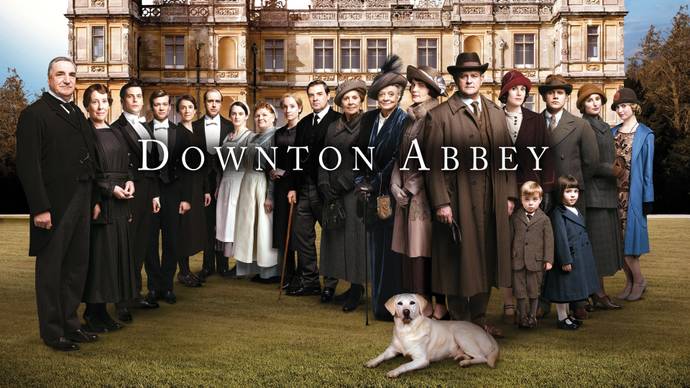
As season five of Downton Abbey airs in the U.S., Twin Cities Public Television’s rebranding efforts inspire an exploration of the expansive U.S. public television phenomenon.
Read more »
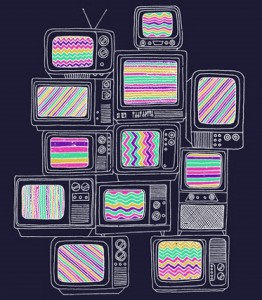
With changes in how television is distributed and viewed, do we need to reconsider the annual "best of" TV lists?
Read more »

If The Elf on the Shelf is trying to set up a panopticon, he's doing it all wrong.
Read more »

Understanding the full complexity of Lange's recent work requires considering it as a layer in the sedimentation of her star text and acting style.
Read more »

Keonig’s Dictionary uses the linguistic power of naming to successfully transform affect into emotion.
Read more »

“Desperately seeking the audience” of computational tools and digital methods for media studies research.
Read more »

Caroline Ferris Leader explores alternative methodologies for working on children's media culture.
Read more »

Advancing Our Way to the Bottom? My kids' “now” and “just what I wanted” style of viewership encourages them to be tiny, impatient content bullies.
Read more »
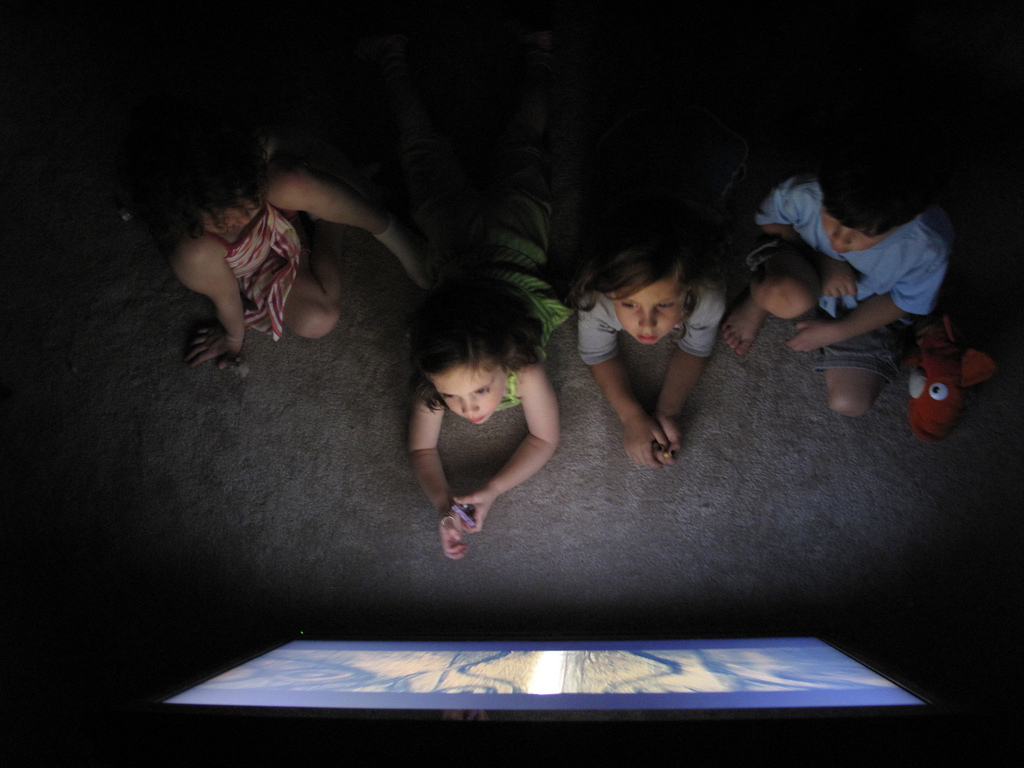
What's all this nonsense about "screen time"?
Read more »

Disney's “Tinker-verse” presents both compelling and troublesome aspects for a feminist media scholar-mom.
Read more »
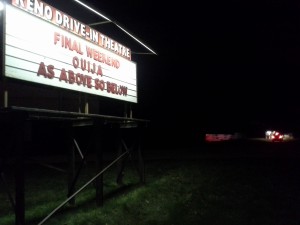
Interstellar (2014) made its well-known debut last weekend. In Chicago, the film (yes, we can still call it that) screened in its “intended” format of 70mm at the Navy Pier IMAX. Its appearance there and at other such venues was predictably celebrated by old school cinephiles as yet another defiant declaration of celluloid’s continuing...
Read more »